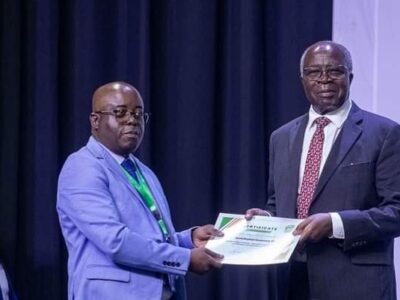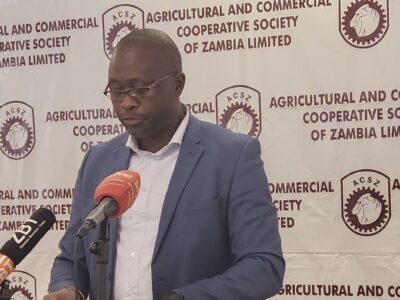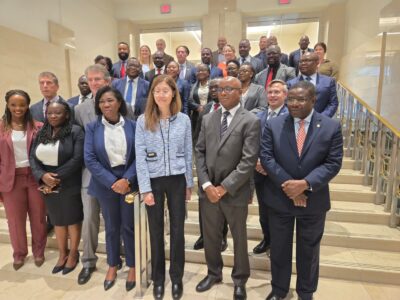Debt Alliance, a non-governmental organization, is against the introduction of the proposed levy on mobile transactions, saying it will be a burden to the vulnerable, especially those accessing Social Cash Transfer (SCT) who heavily rely on mobile money platforms.
The organisation had instead suggested that government should consider putting in place exemptions which would protect the vulnerable people and target those with large amounts.
Government under the 2024 national budget had proposed to introduce a tax on person to person mobile money transactions in order to raise more revenue to the tune of K1 billion to finance the budget.
Reacting to this proposal, Debt Alliance Coordinator, Peter Mumba, in an interview on Monday said that the new policy would be quite burdensome to the already vulnerable who rely heavily on the mobile money platforms.
Read more: Chamber president calls for cautious implementation of levy on mobile money transactions
“We realise the fact that most beneficiaries of the SCT programme are heavily utilising the mobile money platforms, so introducing such a levy is quite burdensome.
“To protect their livelihoods and to support them, such should not apply. It will be desirable to see a situation where Government somehow exempt threshold where maybe we say transactions under K1,000 or K500 are exempted so that you only target those transactions that are involving larger sums of money. That way we will be doing justice to the poor,” he said.
Mumba is concerned that this levy would heighten the already high cost of living being experienced in Zambia.
He stressed that this would affect most people utilising mobile money platforms who were unable to open a bank account or who did not have the money to sustain the huge service costs that came with running such as account.
“Most mobile money operators struggle with things such as sustaining float levels and all, so where you introduce such a levy for a person in rural area, it will question how they will benefit from such a mobile money transaction.
“Looking at the cost of living it is important to realises that such intervention is quite burdensome for the poor, especially those who are benefiting from programmes such as SCT and other social programmes,” Mumba said.
WARNING! All rights reserved. This material, and other digital content on this website, may not be reproduced, published, broadcast, rewritten or redistributed in whole or in part without prior express permission from ZAMBIA MONITOR.













Comments